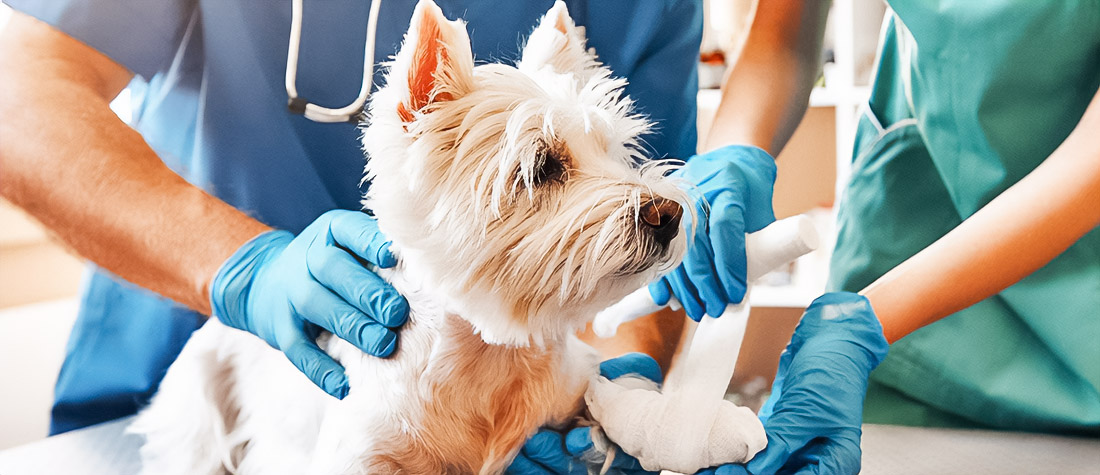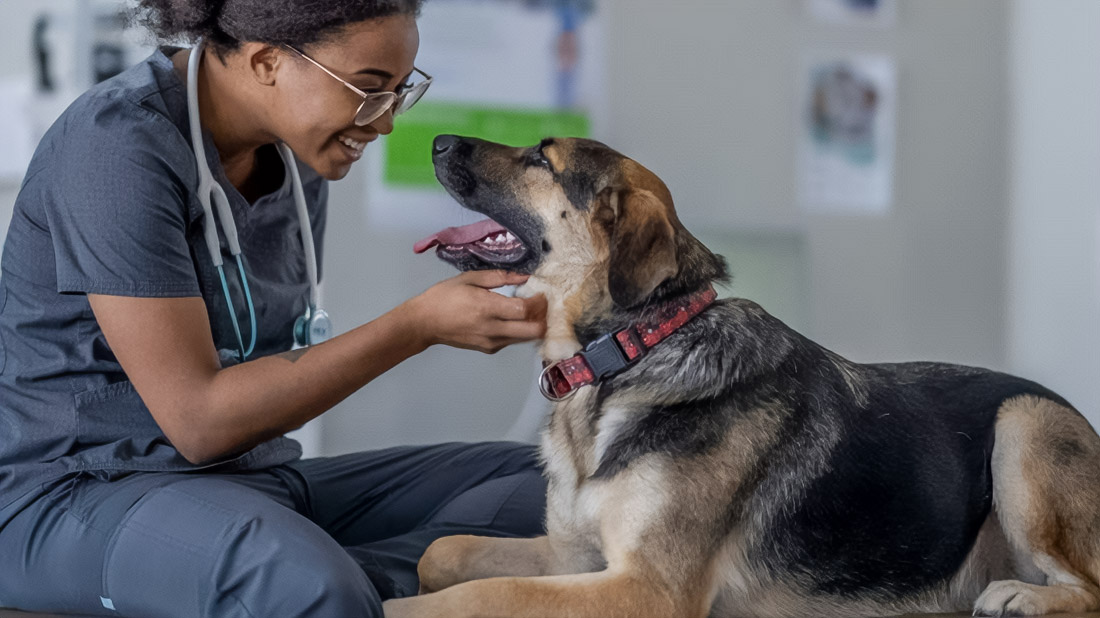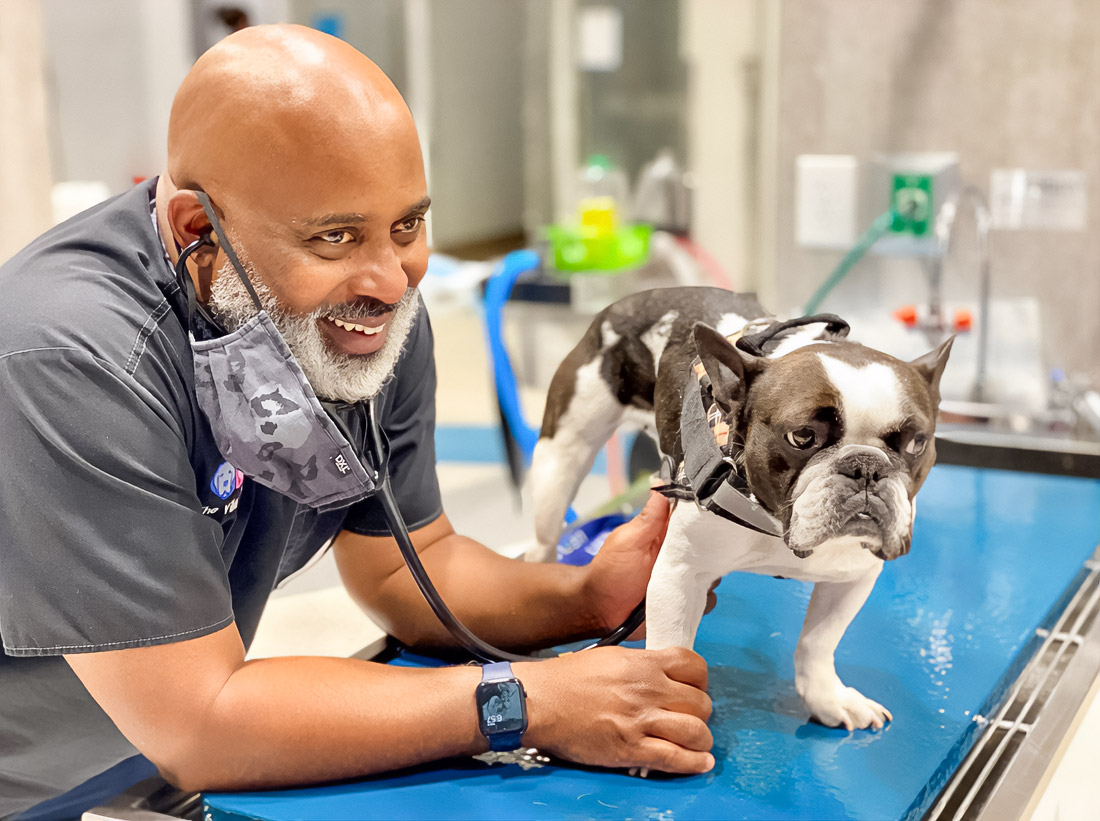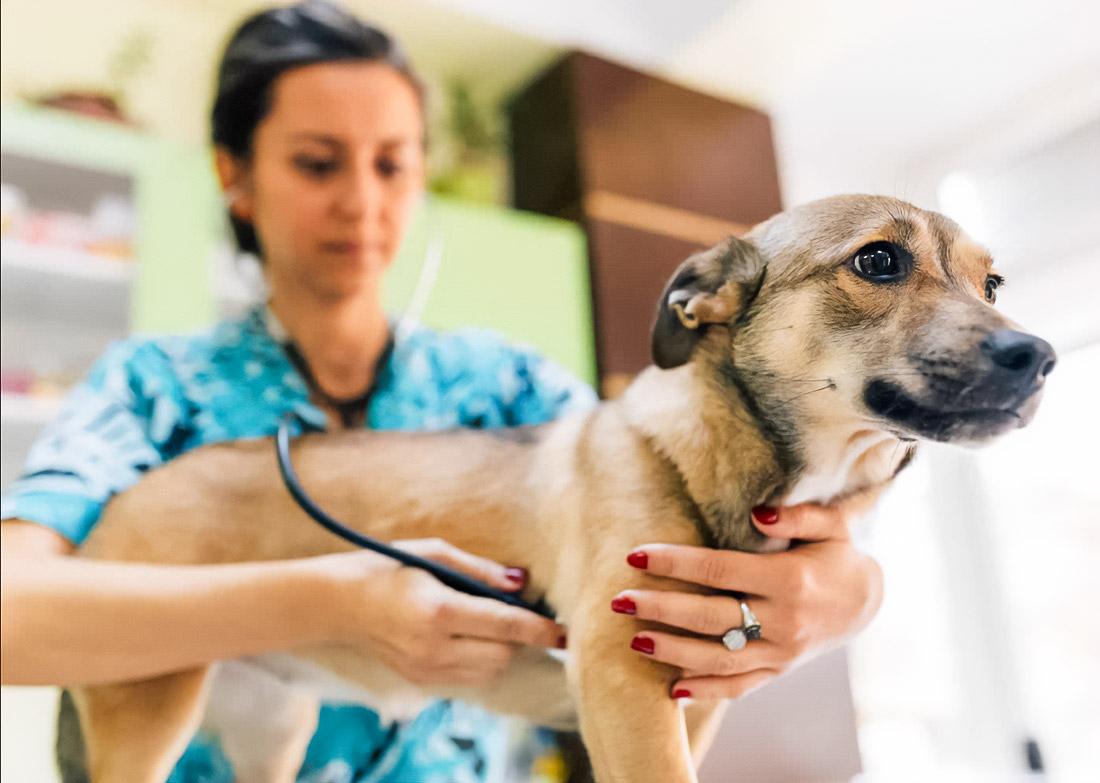Owners of domestic animals often pay attention to rational feeding and physical exercises as their favorites but sometimes overlook from view such important aspects as hydration. Achievement and maintenance of optimal levels of liquid in the body pet play a significant role in its general health and well-being. This is especially important for healthy kidneys, which perform critically important functions in body animals. Water is a source of life, and this statement is true not only for humans but also for our four-legged friends. Every cell and organ in the body animal needs water to perform their functions. To learn more about that and how to take care of their pets, visit petsinthecity.me. It supports the temperature of the body, transports nutrients and oxygen, removes toxins, and also supports the integrity of cellular structures. Kidneys, in turn, play a key role in maintaining water balance and removing waste from the body. They filter hundreds of liters of blood daily, removing excess water and product metabolism from it, which are then removed with urine.
Foundational significance water for well-being pet

Significance correct hydration for health kidneys
Without a sufficient amount of water, kidneys cannot effectively perform their functions. This can lead to serious health problems because of the condition of your pet, which can significantly worsen. Regular provision and maintenance of the correct level of hydration prevent the accumulation of toxins, supporting the health and energy of animals on the proper level.
Recognizing signs dehydration: paying attention to details

Dehydration — this condition in which the body loses more liquid than it receives. This can happen for many reasons, including insufficient consumption of water, increased sweating, and diseases such as vomiting and diarrhea. Important to recognize dehydration in the early stage to timely take measures.
- Dryness gums and tongue: One of the first signs is dryness in mucous membranes in the mouth.
- Intense thirst: Pet can constantly search for water and drink significantly more than usual.
- Lethargy and fatigue: Lack of energy can be a symptom of dehydration.
- Loss of appetite: Animals can refuse food, which also is an alarming signal.
- Sunken eyes: Noticeable change in appearance eyes — reason turn to veterinarian.
- Decrease elasticity of skin: Conduct a simple test: gently pull the skinned pet on withers; if it slowly returns to place — this sign lacks liquid.
If dehydration is not treated, it can lead to serious consequences, such as heat stroke, kidney failure, and even death. Kidneys are especially vulnerable since they depend on water for the filtration of toxins. In case deficit liquid can begin the accumulation of harmful substances in the body.
Effective strategies for provision sufficient consumption water
To avoid dehydration, owners of domestic animals must watch for and ensure their pets consume a sufficient amount of water daily. Outline several practical steps that help control the situation more effectively.
- Fresh water always should be available: Make sure that the bowl with water is always full and available to your pet. Change water several times a day — this guarantees freshness and purity.
- Use quality bowls: Give preference to metal or ceramic bowls since they are easier to clean and do not absorb odors.
- Control temperature water: Water not should be too cold or warm. Room temperature is the best option for maintaining health.
- Addition wet feeds: Inclusion of wet feeds in the diet can significantly increase the consumption of liquid.
- Automatic drinkers: Such devices support interest pets at the expense of moving water, which stimulates them to drink more.
Impact nutrition and environment on water balance

Diet and environment play significant roles in the maintenance of water balance and healthy kidneys. Dry feeds require a larger volume of water than wet feeds. A high-protein diet also increases the load on the kidneys, so it is important to carefully approach balanced feeding. Notify the veterinarian about any changes in diet to ensure optimal health and domestic favorite.
Influence environment — still one key component. In hot weather and at high humidity, animals lose more liquid. In such periods, it is especially important to watch for that so that the pet receives enough water. Learn more about impact environment on health pets on Britannica.
Prevention diseases kidneys: what important know
Insufficient hydration can lead to different diseases in the kidneys, including chronic kidney failure, infections, and formation stones. These are not only painful conditions but those which, in some cases, can threaten the life of a pet.
- Support hydration: Make sure that your pet receives a sufficient amount of water daily.
- Regular examinations veterinarian: Regular visits to the doctor help timely notice and eliminate problems with health.
- Balanced feeding: Avoid excessive consumption of proteins and salts, which load kidneys.
- Active lifestyle: Regular moderate physical loads support general tone and a healthy body.
Measures precautions for optimal health kidneys
For maintenance of healthy kidneys, domestic pets should take a number of preventive measures:
- Control weight: Not allow obesity, since excess weight can increase the load on kidneys and other organs.
- Avoid toxic substances: Protect pets from contact with chemicals, medicines, and toxic plants.
- Manage level stress: Excessive stress negatively affects health, including functioning kidneys.
Regular visits to the veterinarian help timely identify and treat diseases, supporting the health and longevity of your pet. Paying attention to hydration and correct feeding, you can significantly improve the quality of life of your four-legged friend, ensuring its health and well-being over long years.

Biker, foodie, fender owner, Swiss design-head and holistic designer. Operating at the sweet spot between aesthetics and function to create not just a logo, but a feeling. I prefer clear logic to decoration.

